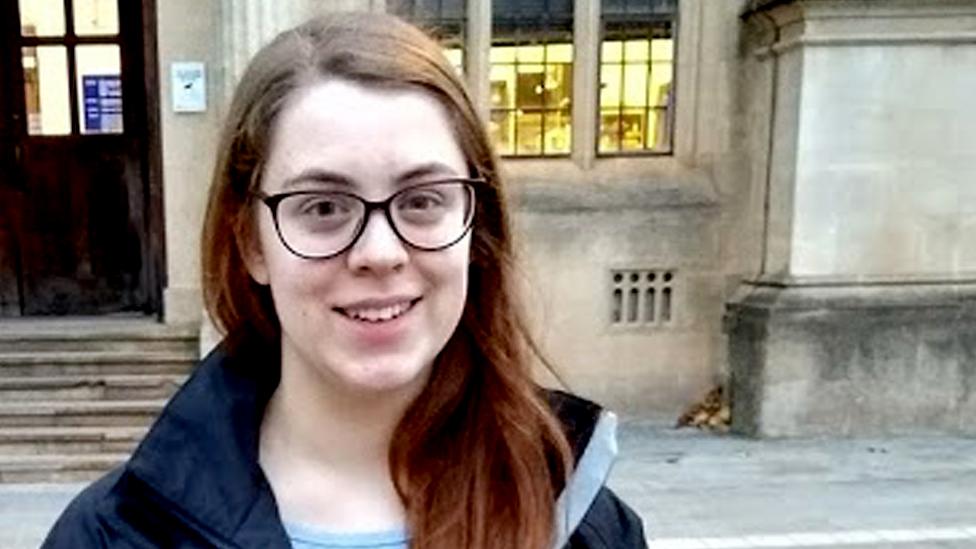Away from home and dealing with death - students on their grief
- Published
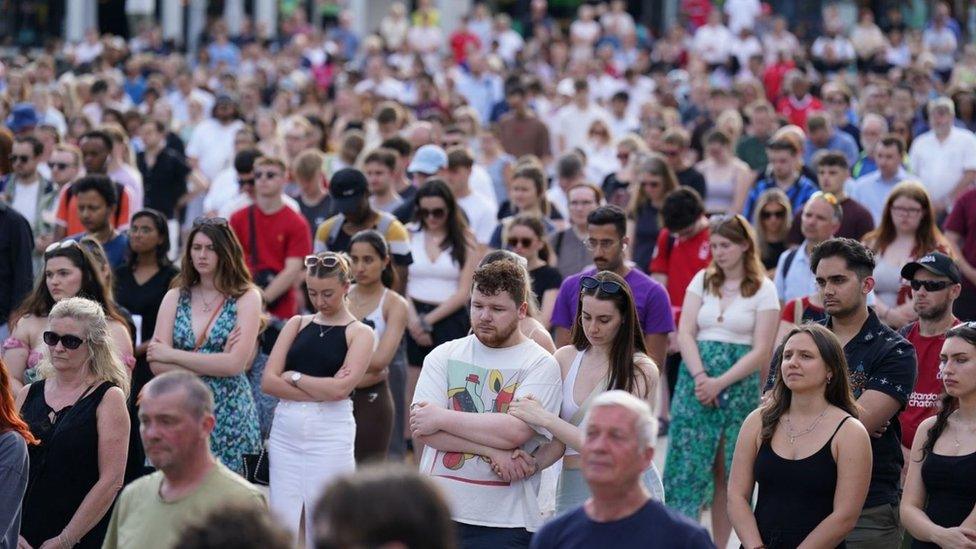
Students were among the thousands of people to attend a vigil on Wednesday for those killed in the Nottingham attacks
There was a moment of heavy silence before the father of Grace O'Malley-Kumar, addressing a vigil with tears in his eyes, asked her former classmates to look after each other.
Thousands of people showed up to the vigil at the University of Nottingham this week, shaken by the deaths of Grace and fellow student Barnaby Webber - two of the three people killed in a series of attacks on Tuesday. The attacks might have taken place in Nottingham, but their impact is likely to be felt by students all around the UK.
Here, students and graduates who have lost loved ones share their experiences of what it is like to grieve at university, and what advice they have for fellow-students who might be struggling.

Matt, whose full name we have not used, was working on his final-year coursework in his room at a university in England, when he found out that a friend had died.
He didn't know how to share the news with his flatmates and other friends who were upstairs at the time, listening to music and drinking.
"I was almost pacing back and forth a bit, like, do I tell them?" he says. "I didn't even know what I would do, what I would say. My mind was just spinning."
Matt, who is now 25, left the flat that night to support another friend of the one who had died, and told his flatmates what had happened the following morning.
Over the next few weeks, he couldn't bring himself to do university work and ended up getting an extension. He said parties became "awkward" because people didn't know how to talk about what had happened.
"With time it did get better. But I think those initial weeks were just so hard. Everyone was almost speechless and going through it in their own way," he says.
"But then you're expected to go out and have fun. It's someone's birthday, you've got to go for drinks... you're at uni, that's happening every couple of days."
Looking back, Matt wishes he had tried to have more open conversations with friends.
That's something that Anna May, founder of the Student Grief Network, wants to encourage. Her brother died in an accident when she was a child, but it only "hit very hard" once she moved from home to university.

Anna May started organising grief support groups as a student
"It felt like I was a failure of a student. I wasn't very fun," she says. "I thought...these are supposed to be really valuable precious years and I've used them feeling sad."
Anna, 26, initially organised support sessions for fellow students at the University of Leeds, and - after Covid - began organising online groups for students across the country.
When Anna's dad died in her final year at university, she felt "less lonely" than when she had lost her brother, because her support work had taught her about the grieving process.
The people who contact her, mostly through Instagram, range from those who have lost friends to suicide, to grandparents. Some of their losses are recent, while others date back years.
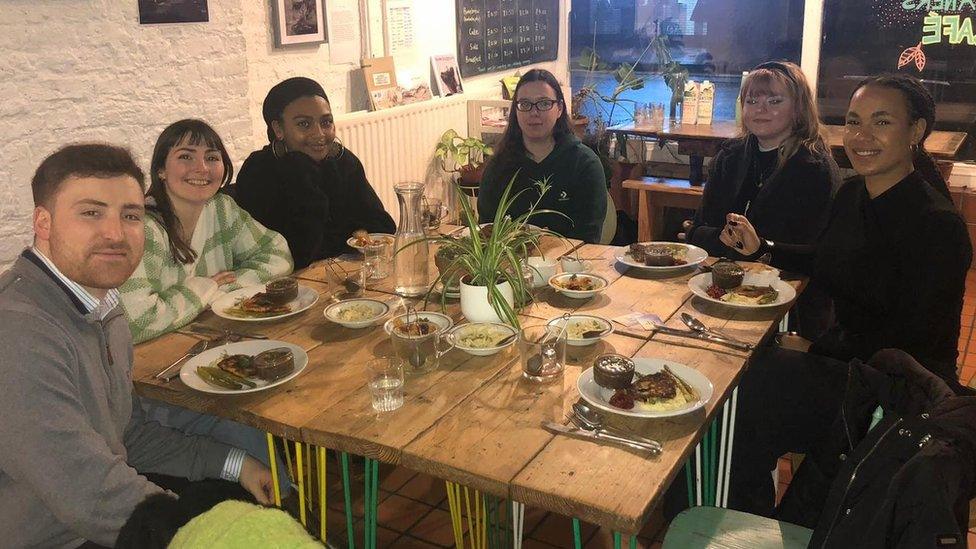
The Student Grief Network organises online and in-person events
Anna says grief after the attacks in Nottingham this week is likely to take place on two levels. It will affect those who knew Grace and Barnaby, but also students at universities elsewhere in the UK because "it's something that could happen anywhere".
"It can be really complicated when there are lots of people in one space grieving something," she says.
"Grief impacts people so differently that it's going to undoubtedly cause awkwardness and conflict and tension."
But she urges students who are struggling, to avoid setting "expectations on what your grief journey is going to look like, because it will change all the time".
Her tips for any student struggling with grief at university include:
Remember grief is a natural response to loss. It's normal for things to be a bit of a mess. Let those feelings come up
Grief can be exhausting so try to listen to what your body needs. Sometimes this might be a walk, a quick burst of exercise - or to sit and do nothing
Find a way to express your grief and remember the person who has died. You could do this by writing things down, or talking to someone you're close with or someone less connected to the situation, like a tutor or a counsellor
You don't need to feel guilty for feeling better or enjoying yourself - it doesn't mean you're forgetting the person who has died
The University of Nottingham has directed students to its wellbeing support teams. Universities UK told students that support teams would be "standing by to speak to anyone who feels affected by the news".
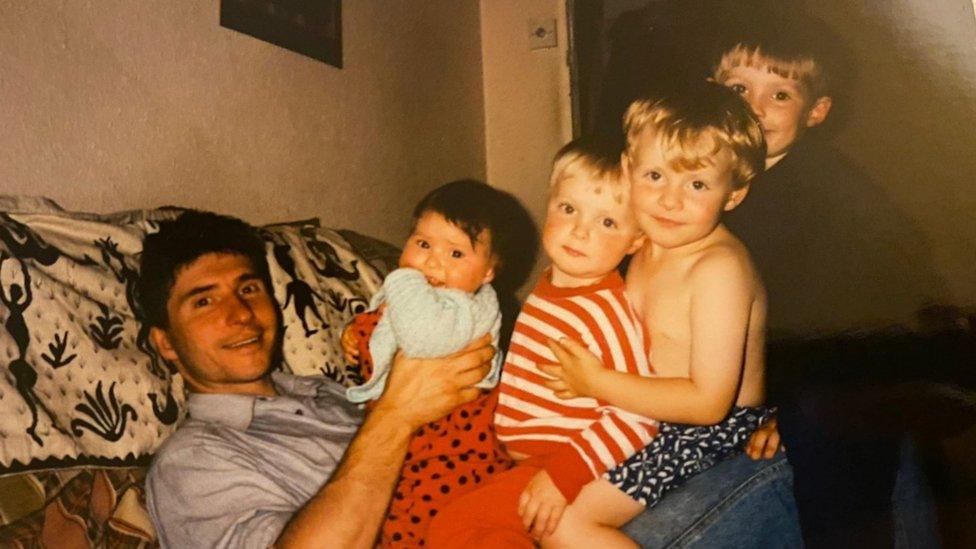
Anna May (second from left) lost her dad, Neil (left) and her brother, Benny (middle)
But Jay Lewis, 22, a student at the University of Cardiff who lost his dad while studying there, says there is a "lack of support for students who are grieving within universities".
"My first experience with grief was very isolating... I found the social aspects [of university] quite difficult."
Jay says online meetings he had with the Student Grief Network allowed him to talk through his anxieties about how to approach particularly tough dates without his dad, such as graduation and the anniversary of his death.
Jay is in the process of setting up his own grief support network at the university, which will offer in-person sessions to help people open up about their experiences.
"Hopefully through having this group, it allows people to realise they're not isolated, there are more people than you realise our age who are going through it."
The University of Cardiff has welcomed the move. It said it offered "comprehensive support services" but "there is always more that could be done".
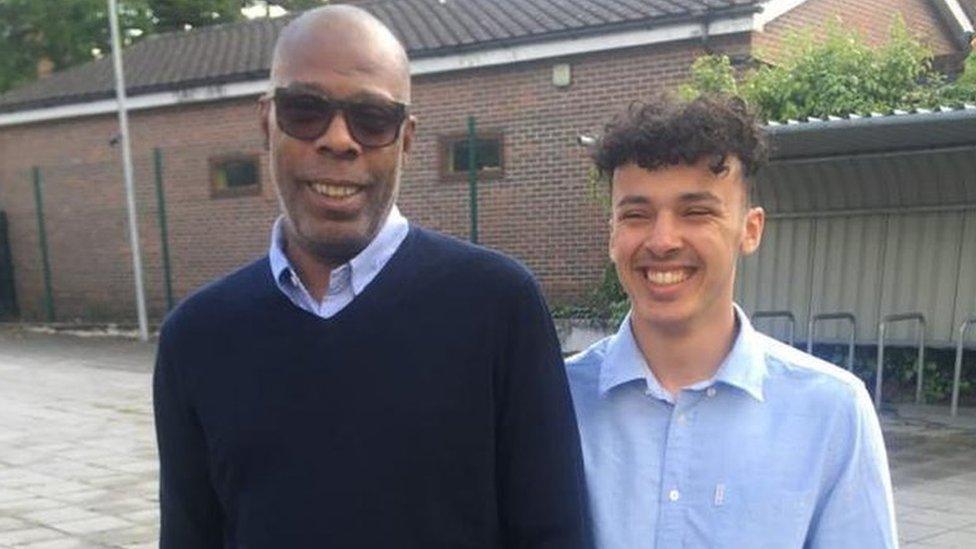
Jay went to an RnB event on the first anniversary of his dad's death, to remember him through the music he enjoyed
Andy Langford of Cruse Bereavement Support says grief "hits particularly hard in a university setting" and that "most, if not all, universities are currently falling short of the standard of grief support they should be offering".
He says Cruse offers free one-to-one support sessions, a helpline and online support - and is developing training for universities.
Universities UK says institutions have "stepped up their efforts" to help grieving students in recent years, with many providing specific bereavement support, and making sure students with any mental health difficulties are pointed towards "the right support".
Dominic Smithies, of Student Minds, called the response from the wider higher education sector to events in Nottingham "really heartwarming".
"When a member of the university community is lost, I think universities do a really good job of bringing the community together," he says, pointing to the vigil at the University of Nottingham this week as an example.
But he believes the sector "can do better to support students who are dealing with grief and loss at any point during their university life".
Students who are struggling can visit the charity's website for "tips, guidance and reassurance", as well as stories of other people who have dealt with grief, he adds.
If you have been affected by any of the issues in this article, you can find details of organisations that can help via the BBC Action Line.
Related topics
- Published15 June 2023

- Published22 July 2022
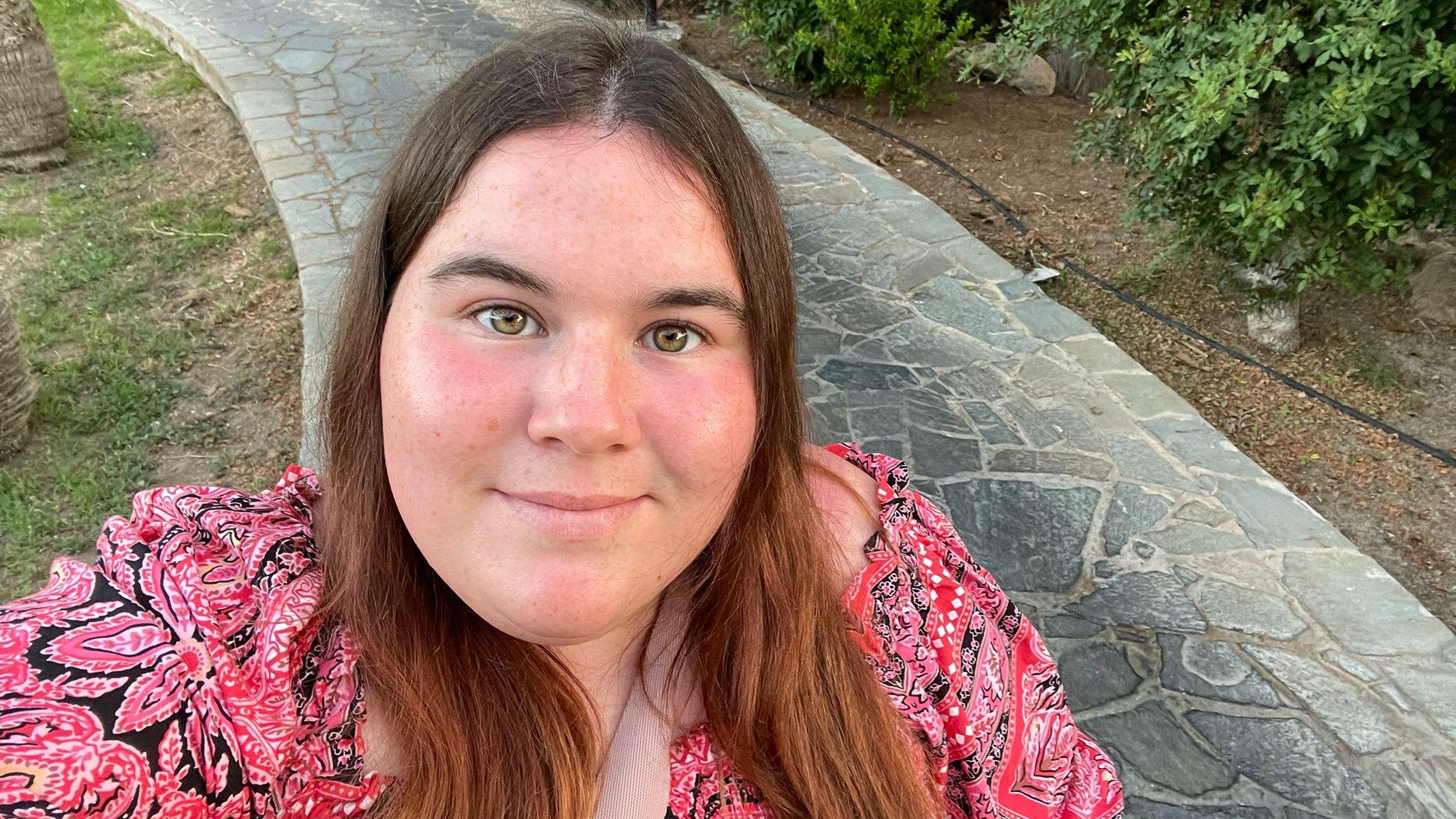
- Published14 June 2023
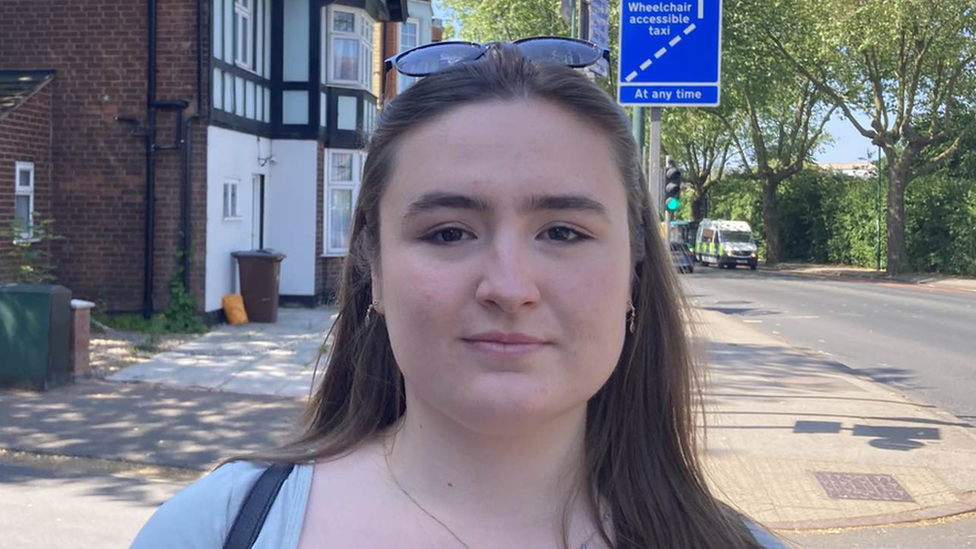
- Published6 June 2023
